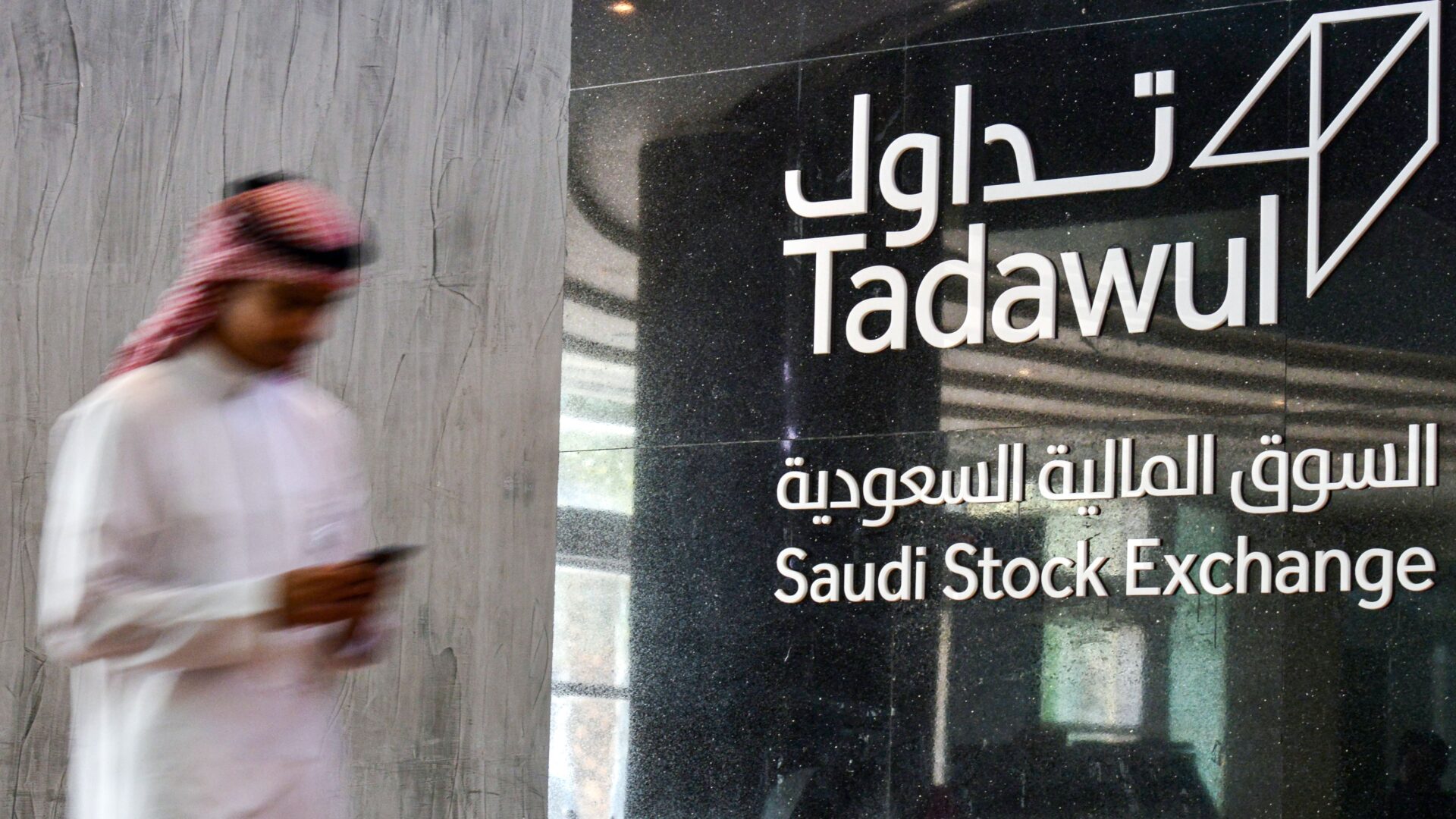Saudi Arabia promotes Tadawul market’s strength amid IPO boom
The Saudi Capital Markets Forum is underway in Riyadh, showcasing reforms in the Gulf's largest market and new technology investments

Saudi Arabia's Tadawul stock exchange. (Getty Images)
Saudi Arabia is touting the strength of its stock exchange as the Saudi Capital Markets Forum gets underway today in Riyadh. The two-day forum is being hosted by the Saudi Tadawul Group, the parent company of the kingdom’s main stock exchange...










